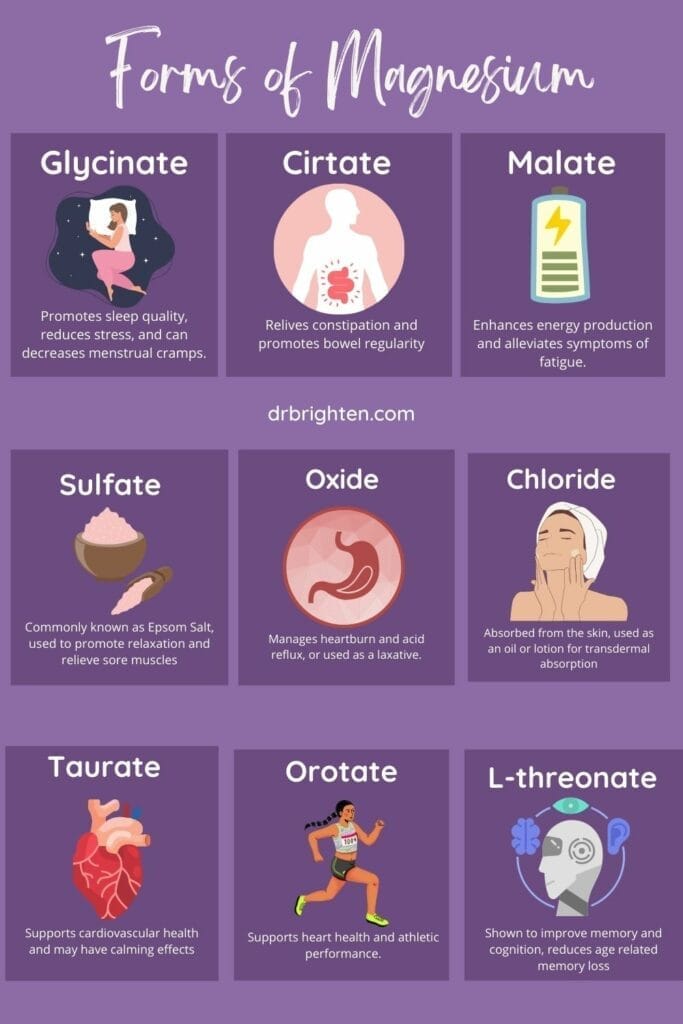
The importance of magnesium
Magnesium is needed for more than 300 biochemical reactions in the body. It helps to maintain normal nerve and muscle function, supports a healthy immune system, keeps the heartbeat steady, and helps bones remain strong. It also helps adjust blood glucose levels. It aids in the production of energy and protein.
Magnesium, an abundant mineral in the body, is naturally present in many foods, added to other food products, available as a dietary supplement, and present in some medicines (such as antacids and laxatives). Magnesium is a cofactor in more than 300 enzyme systems that regulate diverse biochemical reactions in the body, including protein synthesis, muscle and nerve function, blood glucose control, and blood pressure regulation. Magnesium is required for energy production, oxidative phosphorylation, and glycolysis. It contributes to the structural development of bone and is required for the synthesis of DNA, RNA, and the antioxidant glutathione. Magnesium also plays a role in the active transport of calcium and potassium ions across cell membranes, a process that is important to nerve impulse conduction, muscle contraction, and normal heart rhythm.
Some food sources of magnesium:
Pumpkin seeds, roasted, 1 ounce 156mg 37%
Chia seeds, 1 ounce 111mg 26%
Almonds, dry roasted, 1 ounce 80mg 19%
Spinach, boiled, ½ cup 78mg 19%
Cashews, dry roasted, 1 ounce 74mg 18%
Peanuts, oil roasted, ¼ cup 63mg 15%
Cereal, shredded wheat, 2 large biscuits 61mg 15%
Soymilk, plain or vanilla, 1 cup 61mg 15%
Black beans, cooked, ½ cup 60mg 14%
Edamame, shelled, cooked, ½ cup 50mg 12%
Peanut butter, smooth, 2 tablespoons 49mg 12%
Potato, baked with skin, 3.5 ounces 43mg 10%
Rice, brown, cooked, ½ cup 42mg 10%
Resource: https://ods.od.nih.gov/factsheets/Magnesium-HealthProfessional/












